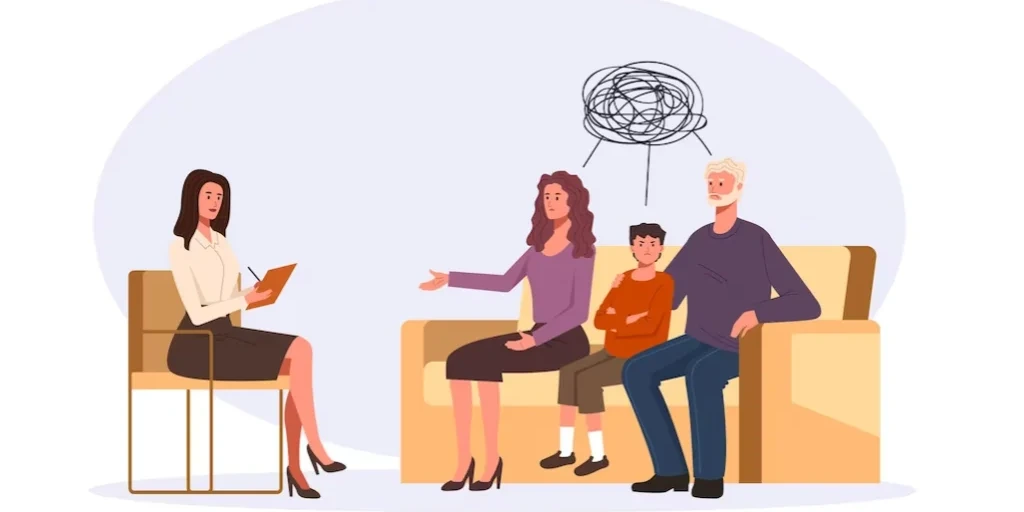Rehab centers in Pendergrass, Georgia, cater to a wide array of addictions, recognizing that substance use and behavioral disorders can affect anyone, from all walks of life. The most commonly treated addictions include alcohol dependency, prescription drug abuse, and illegal substance use, such as cocaine, heroin, and methamphetamine. Moreover, these centers are also equipped to handle gambling, food, and internet addictions, which, although often overlooked, can significantly impact an individual's quality of life. Each patient’s addiction is unique, necessitating tailored treatment programs that take into account their specific substance use history, mental health status, and personal circumstances. Specialized treatment programs may include detoxification services, inpatient rehabilitation, outpatient therapy, and support groups. The focus is not only on overcoming physical dependency but also on addressing any psychological components that contribute to the addiction. Thus, many rehab facilities have multidisciplinary teams that include physicians, psychologists, and addiction counselors to provide comprehensive care and support. This holistic approach ensures that individuals leave rehab with improved coping mechanisms, ultimately reducing their risk of relapse.
































